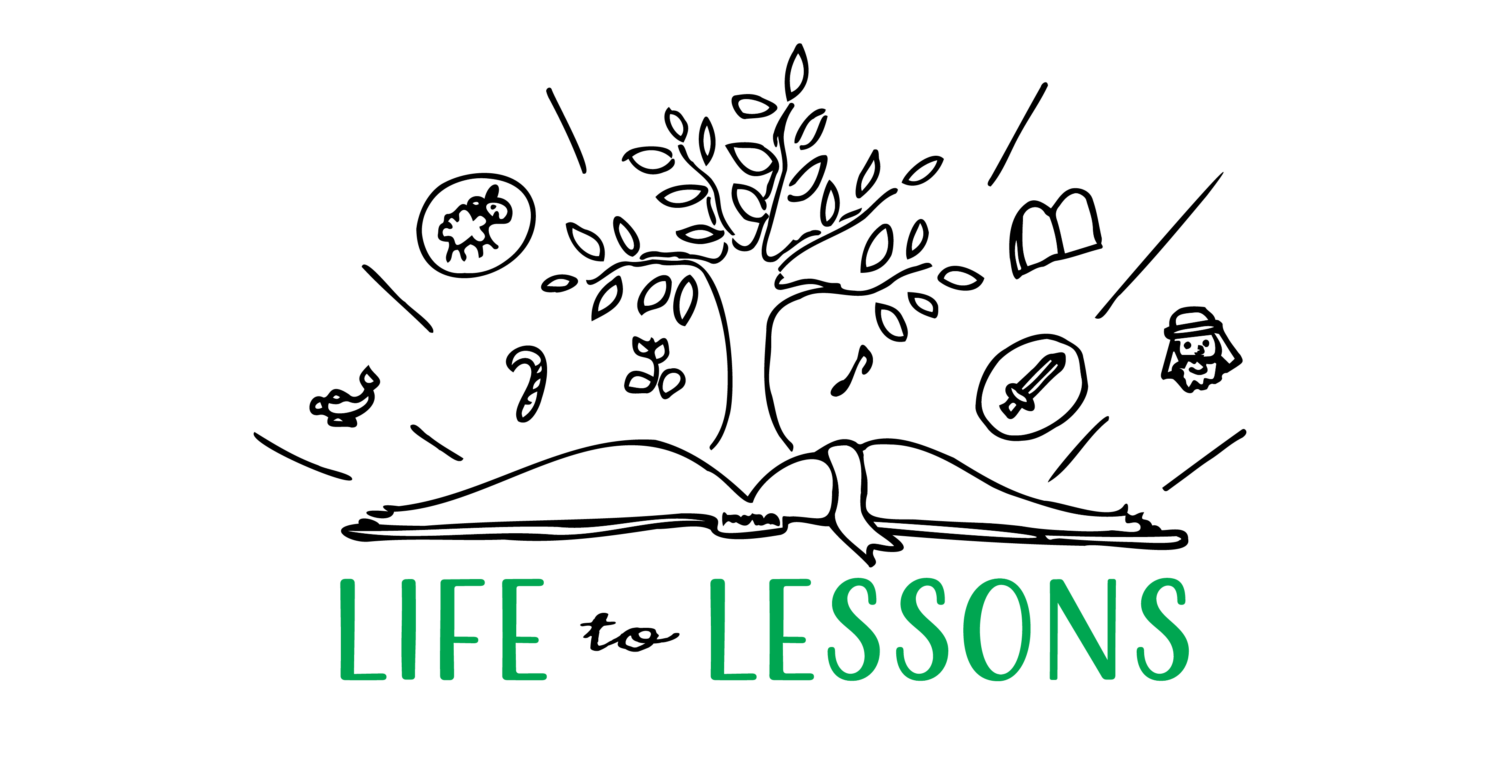Life to Lessons: Think Aloud
Estimated Reading Time: 2 min. 23 sec.
Johnny’s mother is sitting with Johnny on the living room sofa.
She is holding a Bible in her lap, while Johnny looks at the picture on the printed Bible lesson in his hand. Johnny’s mother is trying to read the recommended verses out loud, but though her voice is full of enthusiasm and animation, Johnny keeps interrupting her with questions. “How did Adam pick names for all the animals? Why did God make fish before giraffes? Why did God make people with five fingers?”

Johnny’s mother, attempting to make it through the rest of the readings, shushes and dismisses his seemingly irrelevant questions. But as Johnny persistently repeats his questions, and his mother continues to ignore them and plow through the readings, both become more and more frustrated. What should Johnny’s mother do? Should she stop to answer Johnny’s random questions, or continue to struggle to keep him quiet while she reads the rest of the passages, or is there another possible solution?
Reading the Bible out loud should be more than an exercise in theatrical reading, and attentive listening. While there are times for children to sit and listen quietly, sharing the Bible with your child can be an excellent opportunity to allow them to “think aloud”. A tried and true strategy used by teachers around the world, the “Think Aloud” reading strategy creates a methodical and accessible approach to engage children in the content. To implement this strategy in your Bible reading lessons is simple! First, make sure you are stopping to think aloud as you read. Verbalizing your thoughts as you read out loud will give you the opportunity to guide your child’s understanding of the passage, to model types of questions which can be considered, and to keep your child engaged in the reading. Second, give your child the opportunity to verbalize their thoughts at appropriate times. Allowing them to do so will help you gauge what they are taking away from the passage, give you the opportunity to answer any questions they have (sometimes even questions which may not seem relevant, may be important to your child’s overall understanding of the passage), and give them important processing time that children need as they take in new material.
Think Aloud Example:
(modeling “Think Aloud” strategy): “Now the LORD said unto Abram, Get thee out of thy country and from thy kindred”…that means family…“and from thy father’s house, unto a land that I will shew thee”…Wow! Imagine! God told Abram to leave his home, his family, and to go somewhere else. He didn’t even tell him where his new home would be, but He said, “and I will make of thee a great nation, and I will bless thee, and make thy name great; and thou shalt be a blessing”…God was saying, if Abram left his home and followed God, God was going to bless him greatly.









